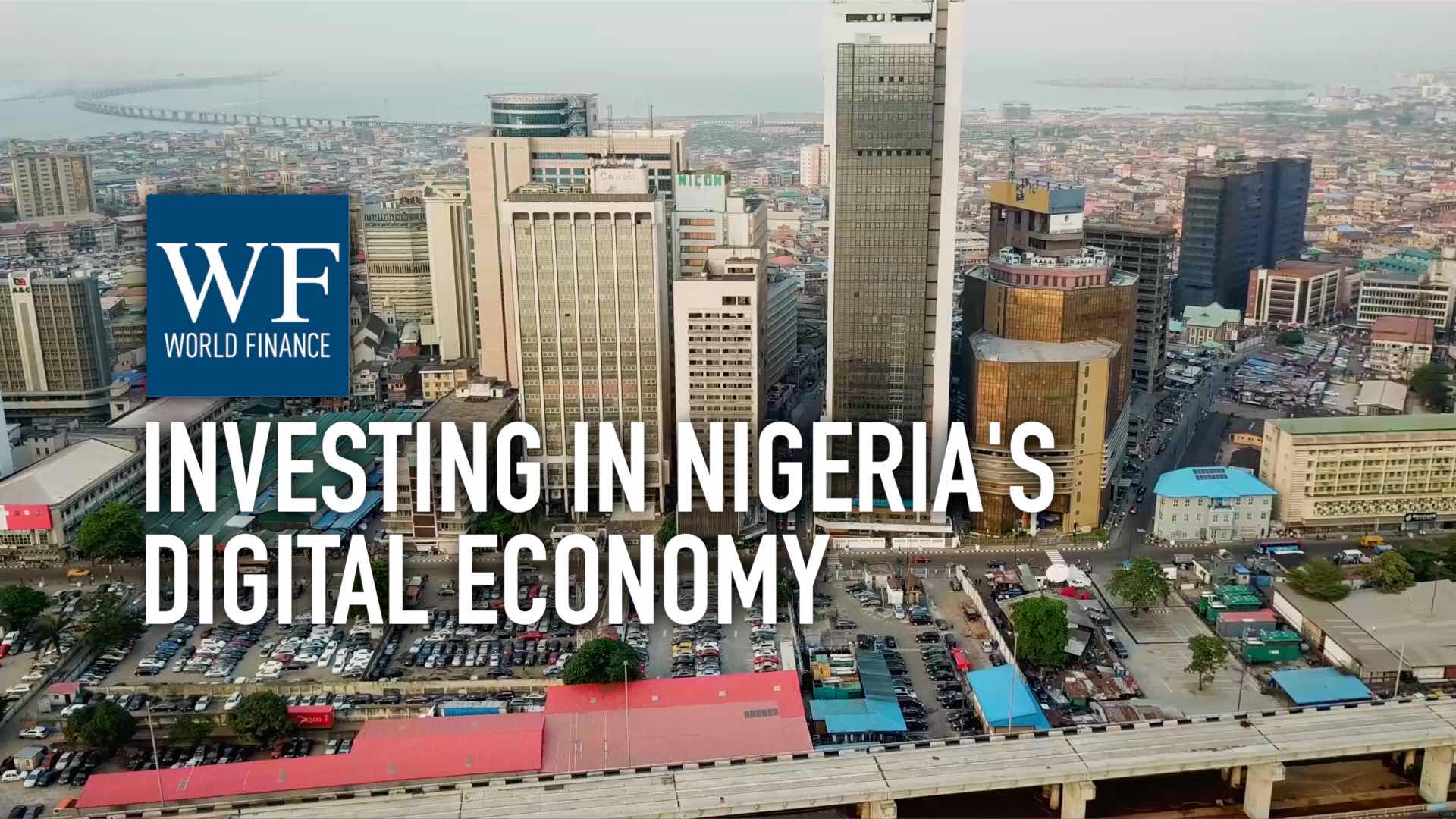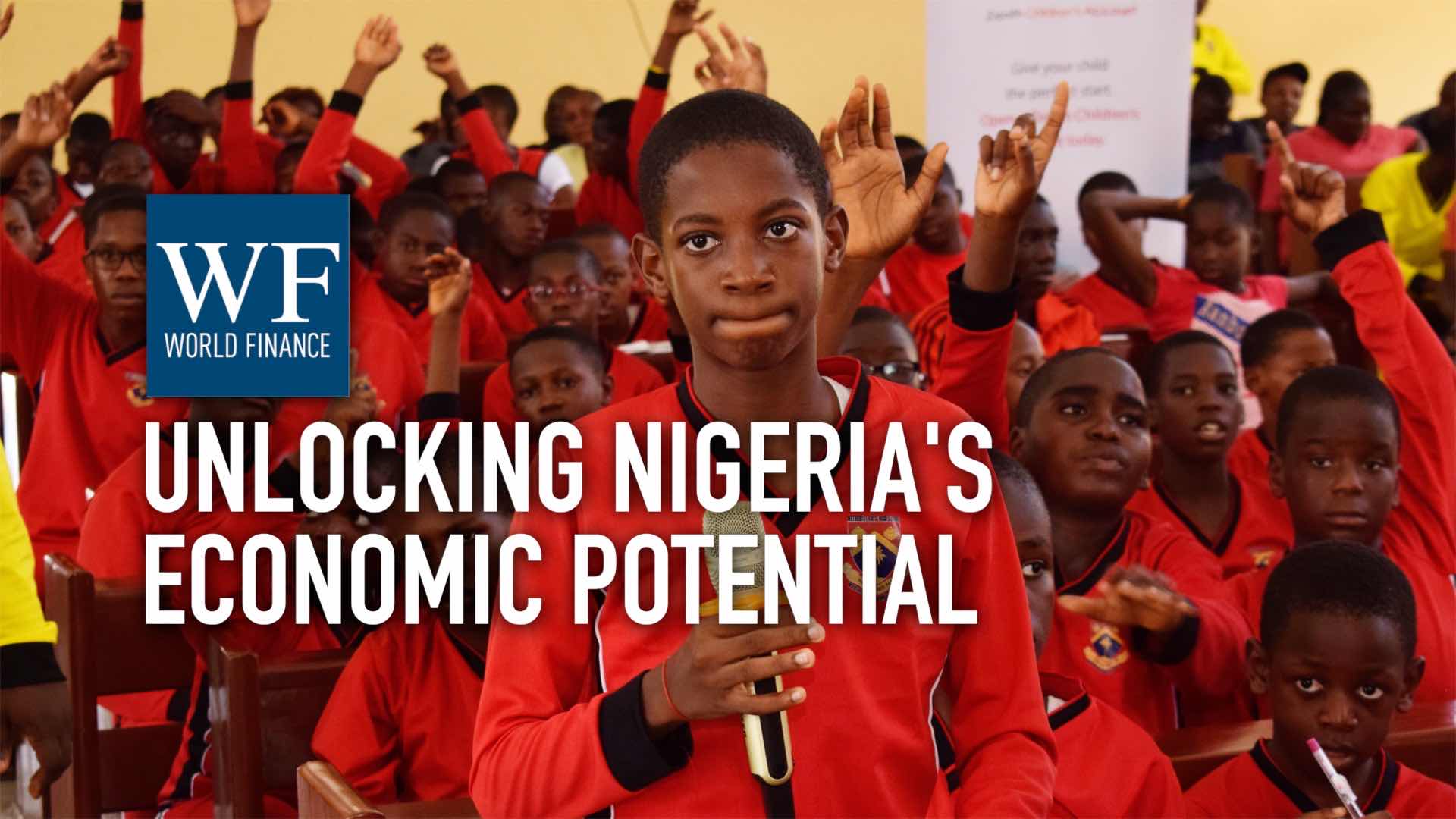How Nigeria’s Access Bank is strengthening governance for the digital age
CEO Herbert Wigwe explains how the post-merger Access Bank is matching its new leading status with a reformed compliance framework
Related:
Transcript
In April 2019, Access Bank merged with Diamond Bank: now with 29 million customers, Access is the largest bank in Nigeria by customer base. And as well as transforming its customer-facing processes, it’s reforming its corporate governance and compliance framework to keep up with the technological challenges of banking in the modern age. We have two more videos from this interview: about the changes Access Bank is making to serve its more-than-doubled customer base, and its sustainability projects.
World Finance: Tell me about your corporate governance practices; now you’re such a much larger bank than before, this must be increasingly important.
Herbert Wigwe: Extremely so. We have – apart from the traditional things, and the four eyes principle, there’s also – clear delineation of duties. We basically comply with the code of corporate governance by the Securities and Exchange Commission, and by the central bank. But we go far beyond that. Even the board committees look at things to do with technology, with cyber security: because it’s a brand new world. Now data is the new currency! It’s no longer the bank vault.
Now, compliance is a big thing, today in the world. We are beginning to strengthen our entire compliance framework: working together with our subsidiary out in the UK, we are making sure that all subsidiaries are compliant with the global compliant standards. Because the bigger you are, the more you are subjected to scrutiny in the different geographies in which you have a presence.
So it’s changing our thought process, it’s changing the way we look at life, it’s changing the way we look at the world. It’s also enabling us to anticipate the great changes that can come even out of technology that may disrupt our business. And enabling us to be the first to disrupt the business if any such thing was going to happen.
World Finance: You personally must be a lot busier now with the new Access Bank; tell me about your priorities at the moment.
Herbert Wigwe: First of all it’s people: any business is founded on strong people and people management. I mean, irrespective of what you do with technology; it’s people at the end of the day who run all of these things. So that’s the first one.
The second is technology. We were lucky in the deal with Diamond, in the sense that we had the same technology platform. But sometimes getting systems to speak to themselves, so that you don’t disrupt the customer, keep their account details the same, etc – may not just add up immediately. I think it’s going on well, but it remains a challenge.
And thirdly, there are larger issues that have to do with infrastructure. So I’ll give you a simple example. If they switch network, or if there’s an issue across the country: it will affect us, because we have the largest customer base! At 29 million customers it means that one out of every three transactions settles on your platform: at the slightest issue, you feel it more than anybody else.
Now, these are issues that we didn’t have to deal with in the past. But resolving them is the most important thing. Creating the fallback situations, creating backstop arrangements, to ensure that if there’s a problem with the systems somewhere, your customers can also transact their businesses without feeling that hitch.
You know, it’s an interesting time for us.
World Finance: When we met two years ago, you expressed at the time a very strong personal responsibility to the country. Now as you say, one in three transactions landing on your platform: do you feel a greater responsibility than ever to the country and the continent? How are you seeing that reflected in Access Bank moving forward?
Herbert Wigwe: More than ever before. I think with 29 million customers, I begin to understand the impact of our actions on the country. The impact of whatever we do from a digital standpoint, in terms of our contribution to the GDP.
You know, we have 200 million people. We have maybe 50 million unique bank accounts. It means that there’s a market of anywhere between 60 and 70 million that needs to be brought into the formal sector.
What we’re trying to do is to make sure that we use digital to support them – even the bottom of the pyramid. If we can help them, that can begin to have so much impact on our country. One, in terms of financial deepening. Secondly, in terms of the funding and liquidity profile of banks. Thirdly, in terms of the sustainability of the financial services institutions. Fourthly, in terms of the contribution to the GDP of our country.
SMEs, micro-SMEs, represent the bedrock of the economy. And if we begin to serve them more and more and more, it can change our country totally. And I feel a strong responsibility to do that.
World Finance: Herbert Wigwe, thank you very much.
Herbert Wigwe: Thank you very much, Paul.

 Zenith Bank is ‘at the forefront of encouraging Nigeria’s upcoming digital economy’
Zenith Bank is ‘at the forefront of encouraging Nigeria’s upcoming digital economy’ From zero to hero: with support for SMEs to MNCs, Zenith is unlocking Nigeria’s potential
From zero to hero: with support for SMEs to MNCs, Zenith is unlocking Nigeria’s potential
